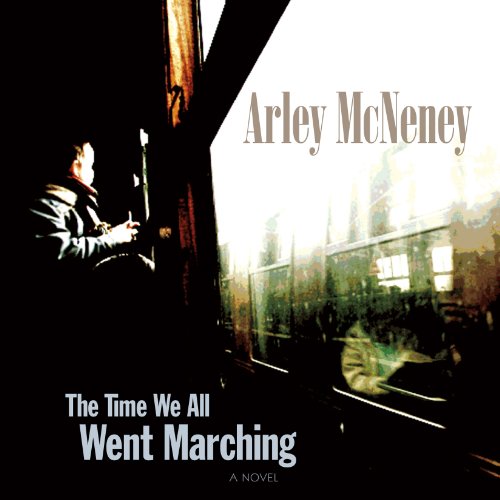
The Time We All Went Marching
Failed to add items
Add to basket failed.
Add to Wish List failed.
Remove from Wish List failed.
Follow podcast failed
Unfollow podcast failed
Buy Now for $26.99
No valid payment method on file.
We are sorry. We are not allowed to sell this product with the selected payment method
-
Narrated by:
-
Sean Runnette
-
Cris Dukehart
-
By:
-
Arley McNeney
About this listen
Seduced by Slim's stories of the privations of a cross-country trek that ended in the violence of an historic riot and tales of Depression-era work camps, Edie MacDonald has followed him from mine to mine, where he finds work and she cares for their son, Belly, in the thin shelter of canvas tents.
Until now. Edie has left Slim behind, passed out in an unheated apartment on the coldest day of the year. Boarding a train with Belly, she travels westward. When the train struggles through a snowstorm and possible calamity, the lens shifts between Belly's perspective and Edie's. Only then does Edie broach a crucial question: Should she leave Belly with his grandmother and strike off on her own? Or should she return to Slim, despite his boozy wanderings?
Vivid and evocative, with rich, convincing characters, The Time We All Went Marching is an episodic novel of storytelling, memory, and imagination - about a time in history rarely explored in fiction. Arley McNeney inhabits her characters with breathtaking conviction, reaching deep into the vulnerable solitude of individual perception while seamlessly holding her listeners breathless. Mark her. Watch.
©2011 Arely McNeney (P)2013 Audible, Inc.Editorial reviews
Arley McNeney’s The Time We All Went Marching begins shortly after World War II. Edie MacDonald takes her four-year-old son, Belly, aboard a westbound train, leaving her husband behind.
When the train is trapped in snow, Edie recalls her life with Slim as he worked as a Depression-era miner in Western Canada. The story’s shifts in perspective from Edie and Slim are handled by narrators Sean Runnette and Cris Dukehart, who both give understated, sensitive performances.
An episodic tale told with poetic intensity, Arley McNeney’s novel, and her portrayal of working-class life, have earned her favorable comparisons to writers like Michael Ondaatje (The English Patient).

